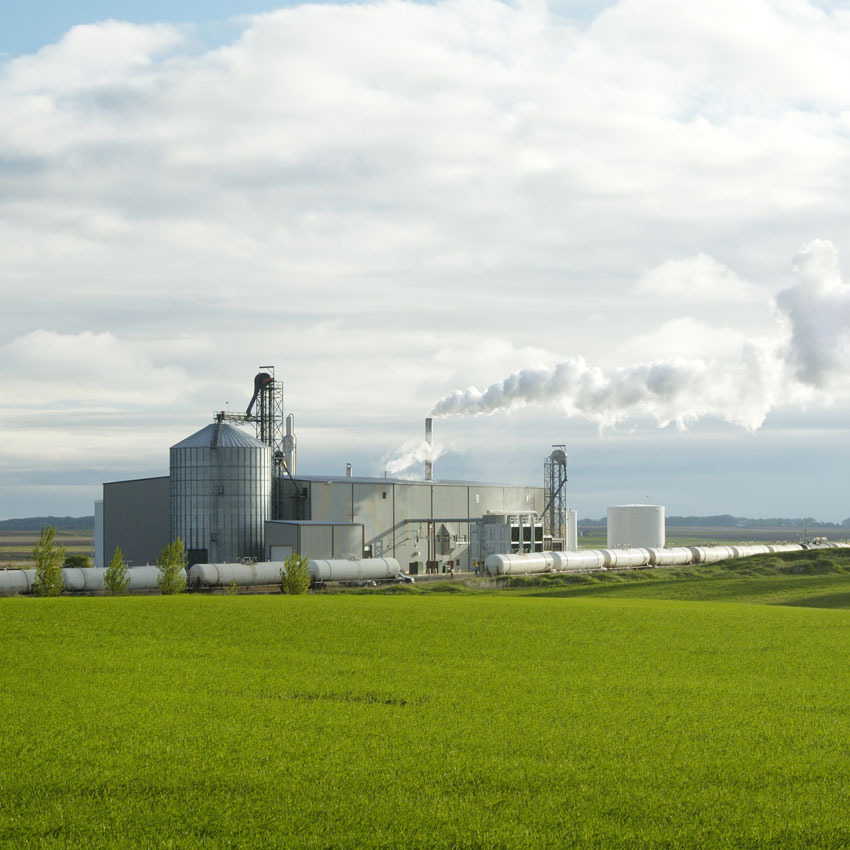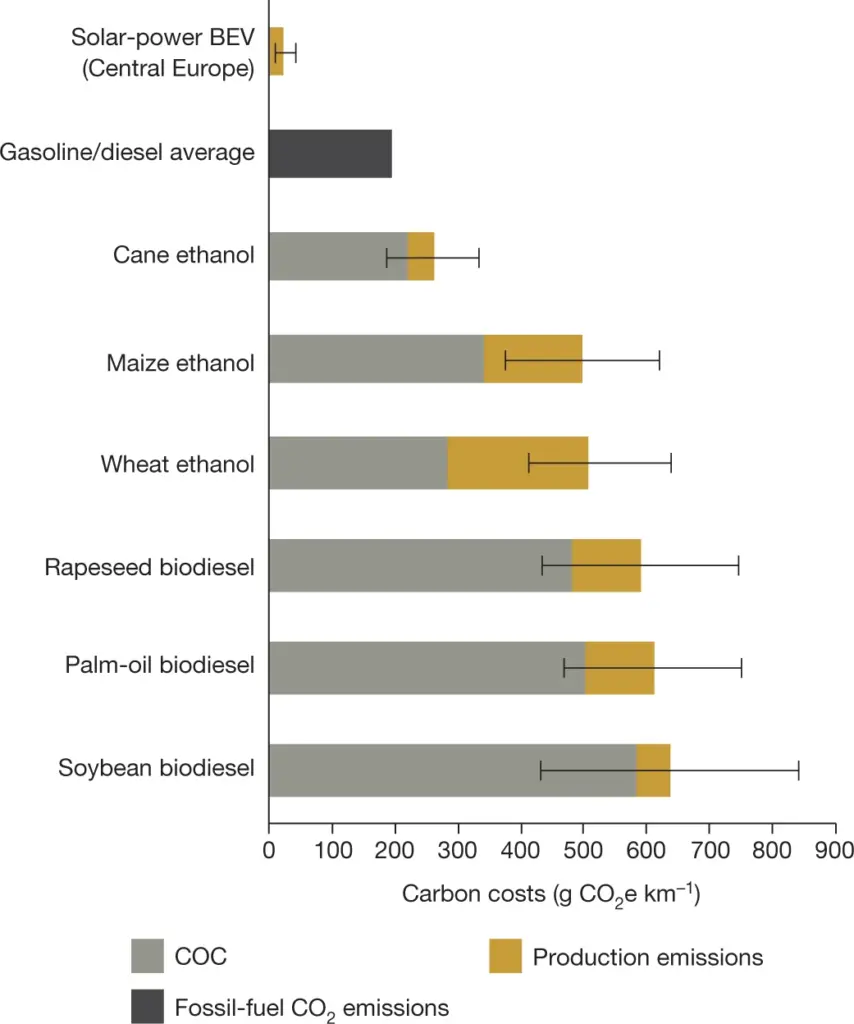10/23/2025 SOURCE: www.brownfieldagnews.com
Soybeans were mixed, with nearby contracts up and deferred months down. Beans continue to wait for meetings between the U.S. and China this week in Malaysia and next week in South Korea. That’s even with some questions as to whether or not President Trump and President Xi will have face-to-face tariff negotiations at that APEC […]
Corn futures edge higher on strong ethanol demand amid U.S. harvest progress - Brownfield Ag News
-
(0)
-
Bookmark
- Comments. (0)
Topics: Corn/Maize, Agriculture US, Ethanol/Biofuel, Government / Policies, US EPA,
🌽 "The Case for E15: Boosting Demand for American Corn" 🌽 Discover how E15 is fueling demand for American corn and driving agricultural growth. #Agriculture #RenewableEnergy #Sustainability

The Case for E15: Boosting Demand for American Corn
Ethanol bolstered corn demand growth from the mid-1990s through 2010. Since then, the amount of corn used in ethanol has flattened. Without policy change to remove a dated and unscientific regulatory hurdle, the outlook for domestic corn use in ethanol is stagnant. With policy to clear the way for year-round...
-
(0)
-
Bookmark
- Comments (0)
08/20/2025 SOURCE: brazilenergyinsight.com
Aug 18 (Reuters) – Brazil’s Petrobras is leaning toward corn as the raw material for a renewed foray into ethanol, potentially sidelining sugarcane and beleaguered sugar producer Raize…
Petrobras favors corn over cane for ethanol, may exclude Raizen, sources say
-
(0)
-
Bookmark
- Comments. (0)
08/11/2025 SOURCE: www.michiganfarmnews.com
-
(0)
-
Bookmark
- Comments. (0)
06/16/2025 SOURCE: www.morningagclips.com
The rule set a record high for the proposed renewable fuels (RFS) blending level at 24.02 billion gallons for 2026, which includes 15 billion
Iowa Corn Growers Welcome EPA’s Proposed New Renewable Fuel Standards
-
(0)
-
Bookmark
- Comments. (0)
03/25/2025 SOURCE: ethanolrfa.org
In a letter sent late Monday to the U.S. Trade Representative, RFA joined dozens of other associations in seeking an exemption for agricultural exports from both newly proposed fees on Chinese vessels and graduated sourcing requirements for U.S. built and flagged vessels “until such time...
RFA Seeks Agriculture Exemption in Proposed Shipping Restrictions
-
(0)
-
Bookmark
- Comments. (0)
-
(0)
-
Bookmark
- Comments. (0)
08/05/2024 SOURCE: earthjustice.org
Earthjustice and partners urge USDA to consider the full climate impact of crop-based biofuels when evaluating the potential benefits of using sustainable growing practices for biofuel production
Growing crops for fuel is not a climate solution. Sustainable agricultural practices aren’t going to change that.
-
(0)
-
Bookmark
- Comments. (0)
06/25/2024 SOURCE: pantagraph.com
A greater push for electric vehicles leaves agriculture agencies concerned about the demand for ethanol as a renewable fuel source.
Illinois corn farmers urge federal investment in renewable fuels
-
(0)
-
Bookmark
- Comments. (0)
05/21/2024 SOURCE: theconversation.com
Sweet sorghum has multipurpose post-harvest uses. It can produce grains, animal feed and sugary juice, making it unique among crops.
Sweet sorghum is a hardy, nutritious, biofuel crop that offers solutions in drought-hit southern Africa
-
(0)
-
Bookmark
- Comments. (0)











